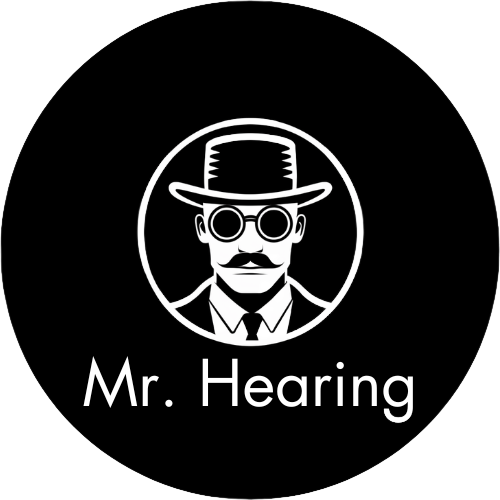OTC Hearing Aids Are Changing the World – Pros and Cons
Over-the-counter (OTC) hearing aids have the potential to revolutionize the way hearing loss is managed. They can provide easier access to hearing aids and remove the stigma associated with hearing loss. In the US, OTC devices are a big deal, with many big names like Sony, Bose, and HP joining the fray. OTC hearing aids are aimed at those with mild to moderate hearing loss, and over the age of 18. OTC devices may help overcome barriers to wearing hearing aids, such as concerns about looking old or the expense.
In the UK, the government provides free hearing aids, but many people still choose not to wear them, highlighting the need to address other reasons such as cost, stigma, and misconceptions. OTC devices can increase people’s awareness of managing hearing loss and lead to earlier intervention. However, it’s important to seek professional help for children and severe hearing loss.
Improving Access and Driving Competition
OTC hearing aids can increase access to hearing care and drive competition, improving the quality of hearing care services. The devices also have the potential to lead to more regulation and price transparency. This could lead to more affordable medical-grade hearing aids, which currently can cost several thousands of dollars.
However, there are also concerns about incorrect programming and potential risks of improperly treating hearing loss without proper assessment. Self-fitting devices could potentially harm hearing. Regulatory bodies are currently discussing how best to approach this issue.
The Potential Risks of OTC Devices
One of the concerns about OTC devices is that they may not provide the same level of professional support as traditional hearing aid providers, which may lead to incorrect self-diagnosis and programming. This could lead to an increase of untreated or improperly managed hearing conditions. Increased sales of unregulated devices with poor amplification quality might also be seen as a drawback of OTC devices.
Proper assessment of hearing loss is needed to determine the most appropriate device for a person. An otolaryngologist or audiologist can provide an individualized program for hearing loss management. For this reason, it is important to seek professional advice before using an OTC device.
The Benefits of OTC Hearing Aids
Despite these concerns, OTC devices can bring significant benefits to those who choose to use them. They provide less hassle, are cheaper, and are readily available. They might also offer several technological features for convenience and accessibility of use. Devices such as the ZHANGMIN Amplifier Inner Ear Personal Portable are a great option for interested individuals. Their small size and convenient charging feature make them ideal for use on-the-go or when a user is traveling.
In conclusion, OTC hearing aids have the potential to increase access to hearing care and improve the quality of services by driving competition and regulating the market. OTC devices may also provide additional convenience and accessibility features. However, they also present potential risks with the lack of professional support and the correct programming of devices. It’s important to seek professional advice before using an OTC device, despite their appeal and access.
